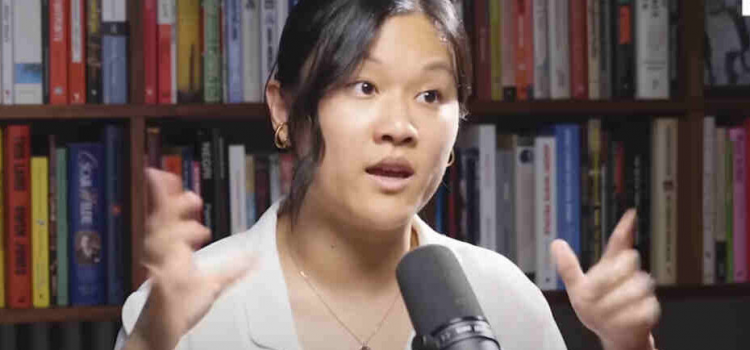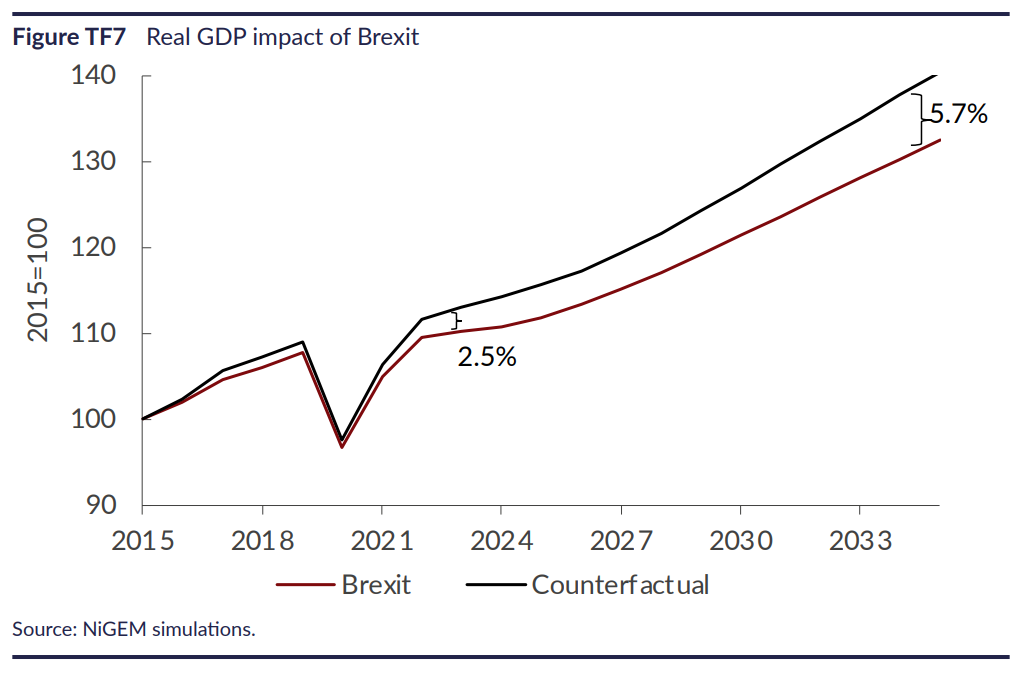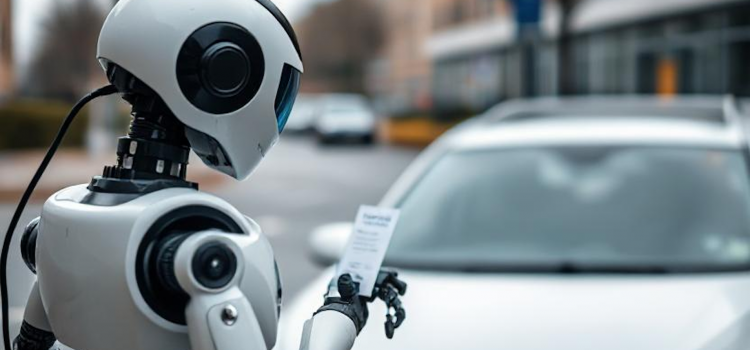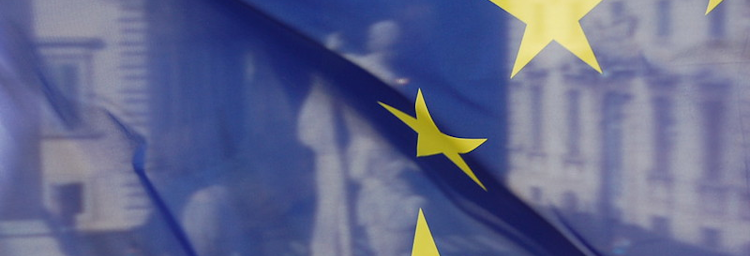The government and Labour MPs seem fascinated by bond yields. They present the fact that UK yields are high is seen as a short cut to arguing that the Government can’t afford the interest rates on bonds and arguing that the last word on the deficit has to be held by the markets.
This article looks at what the ‘yield’ actually is, argues it is the outcome of policy decisions, that rising yields have no effect or at least very little effect on public finances. It also argues that quantitative tightening makes the affordability of the deficit worse and that alternative debt management operations would ease the situation. It also suggests that the credit default swap price is a better indicator of the market assessment of the viability of public finances. …










